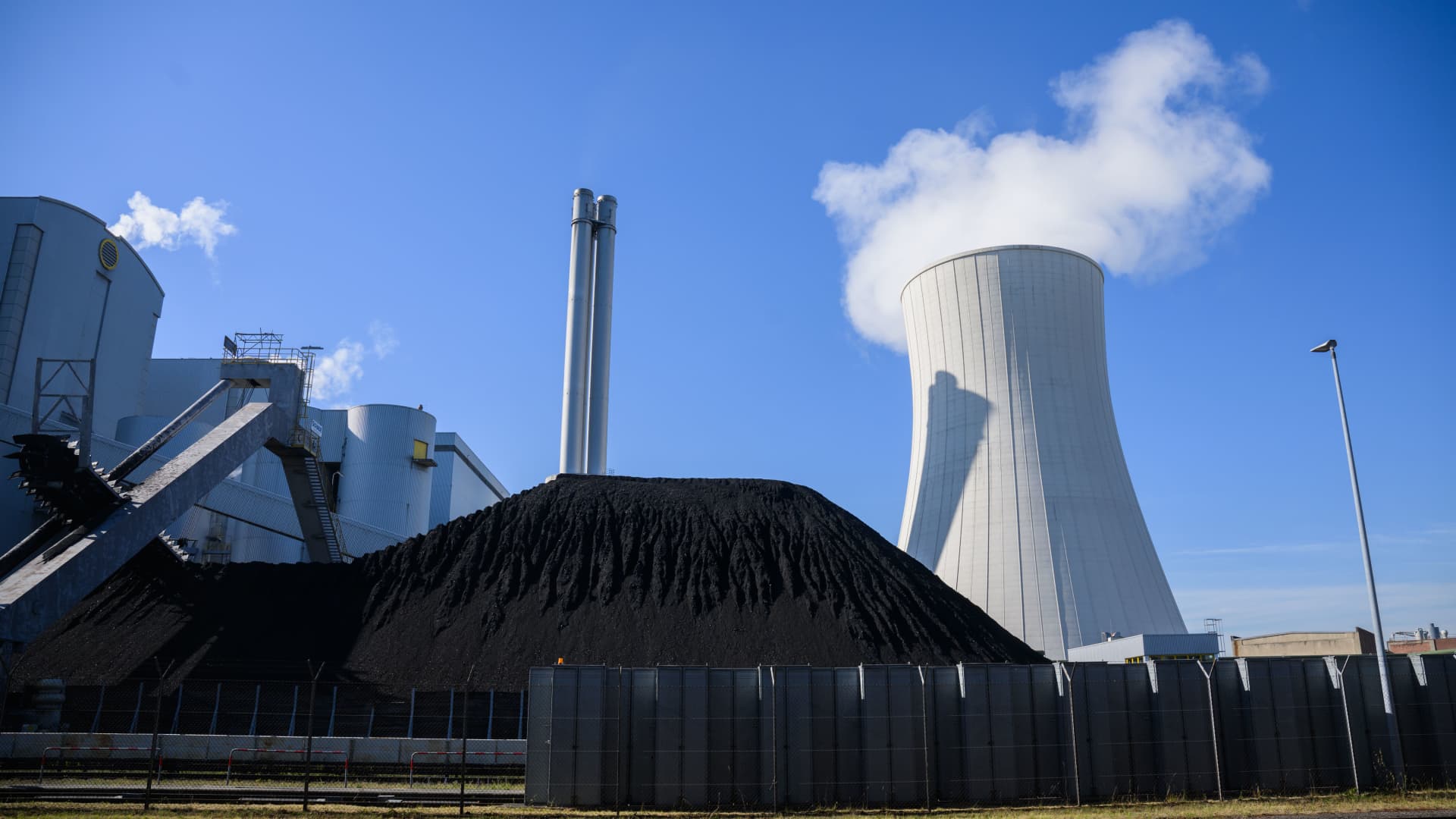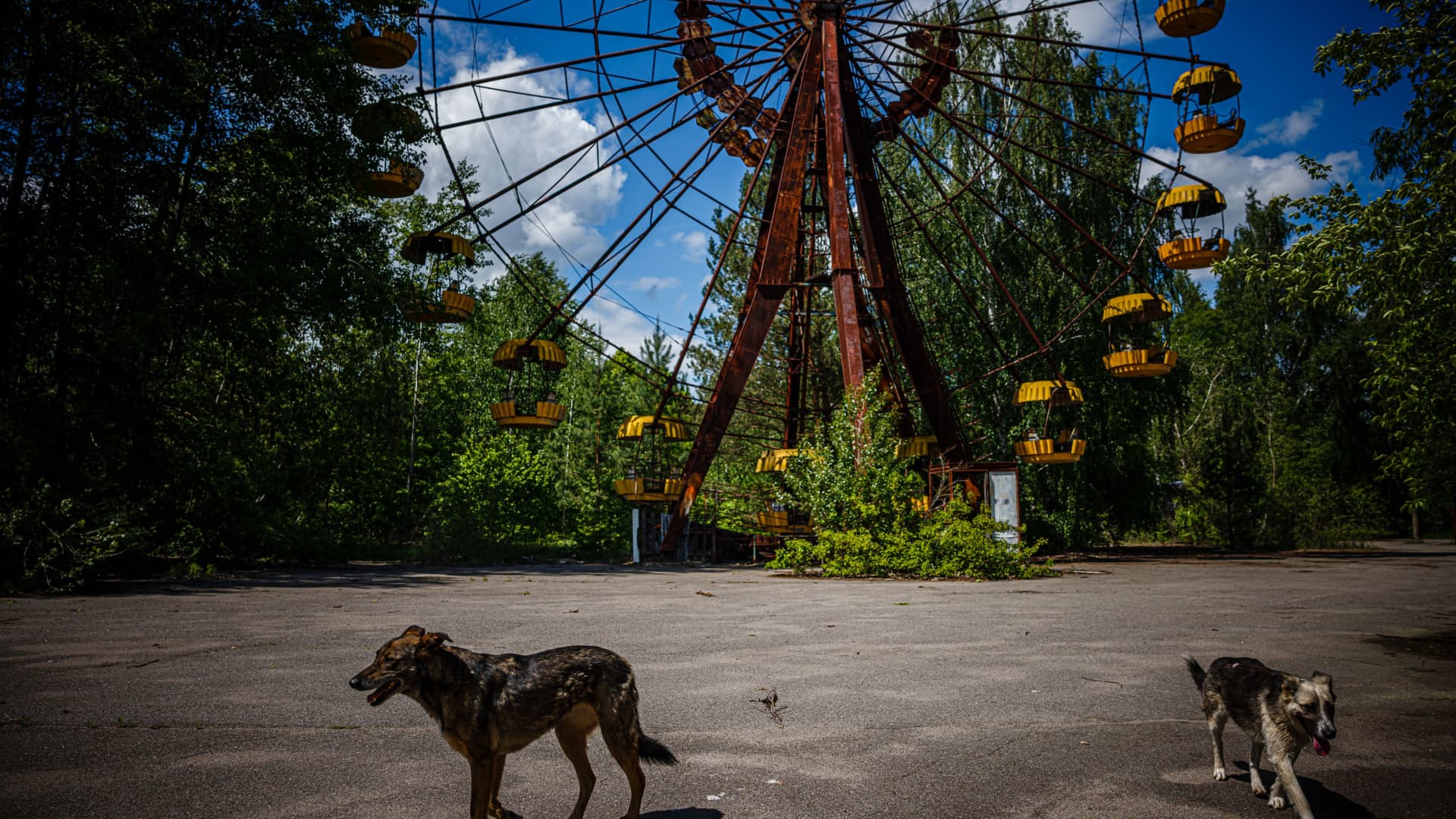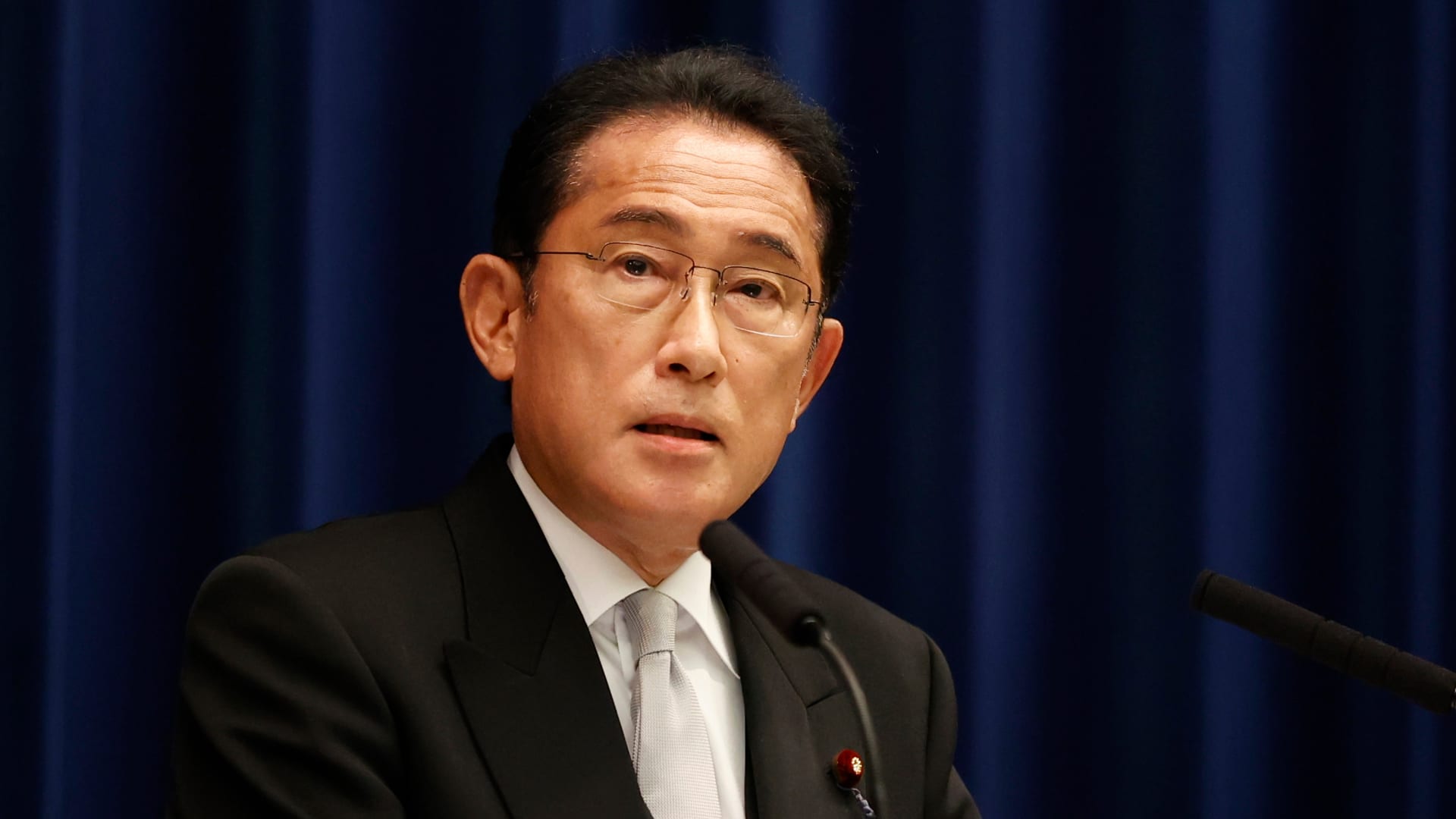Op-Ed: Election In Brazil Is A Fight For The Planet


Brazilian President Jair Bolsonaro has been called “the world’s most dangerous climate denier,” “a catastrophe for the environment,” and “the man who broke Brazil.” Believe it or not, that’s by people trying to remain professional while they talk about South America’s s**ttiest political leader. Now, the country is facing a constitutional crisis, and the outcome could determine the fate of the Amazon Rainforest — and with it, the planet.
Earlier this week, neo-fascist Bolsonaro — who said last year that only God would remove him from power — lost a general election to leftist former President Luiz Inácio Lula da Silva, who earned 48.4% of the vote compared to 43.2% for Bolsonaro. The result has kickstarted a massive four-week campaign ahead of a runoff vote on October 30th, which will decide which candidate will win.
And it’s essential that da Silva wins.
Bolsonaro’s Campaign Promises Are a Horror Show of Evil
During his presidential campaign, Bolsonaro promised he wouldn’t recognize any indigenous land claims during his term, but would approve a number of new pesticides as he opened up more of the critically important Amazon Rainforest to deforestation.
The prick kept his promises, too. During his first three years as President of Brazil, Greenpeace observed a 52.9% increase in deforestation — but that’s just the tip of Bolsonaro’s evil iceberg. “With more destruction of the environment, comes more violence in the field,” writes Greenpeace’s Diego Gonzaga. “Loggers, miners, and land-grabbers are constantly invading protected Indigenous lands and engaging in conflicts with them — often lethal.”
A Global Witness report shows that Brazil was one of the most dangerous countries for environmental activists in 2021, with 20 registered killings of environmental activists. The year before, 1,576 land conflicts were registered, with indigenous peoples among the most threatened for trying to protect their lands (of those 1,576 conflicts, over 40% were related to indigenous communities).
About That Life-Support System
Indigenous leaders and human rights groups have described the Brazilian president’s policies as ecocide.
“In terms of environmental policy, the deconstruction of governance and surveillance processes will demand time and resources to reconstruct,” says Mercedes Bustamante, an ecosystems ecologist at the University of Brasília and a report author for the Intergovernmental Panel on Climate Change. “Ecosystems have been destroyed as a result of such deconstruction, and it can result in irreparable damage.”
That irreparable damage is bad for everyone on Earth — and even the guys at Business Insider understand the ramifications of what Bolsonaro is doing. “Earth is a spaceship,” writes Morgan McFall-Johnsen. “(And) the Amazon is a crucial part of our life-support system, creating up to 20% of our oxygen.”
Other researchers paint a similarly compelling picture of the rainforest’s importance. “Researchers at the National Library of Medicine have calculated that the Amazon holds up to 140 billion tons of carbon dioxide — the equivalent of 14 decades’ worth of human emissions.”
That’s 140 years for the public-school kids.
To his credit, da Silva understands what he’s up against — and seems willing to go to the mattresses against Bolsonaro. “It seems that fate wants me to work a little harder,” da Silva told thousands of supporters at a post-election rally in downtown São Paulo after the October 2nd election. He added that victory is “just a matter of time … we will win because Brazil needs us.”
Let’s hope he’s right.
Featured photo by Tom Fisk.
Appreciate CleanTechnica’s originality and cleantech news coverage? Consider becoming a CleanTechnica Member, Supporter, Technician, or Ambassador — or a patron on Patreon.
Don’t want to miss a cleantech story? Sign up for daily news updates from CleanTechnica on email. Or follow us on Google News!
Have a tip for CleanTechnica, want to advertise, or want to suggest a guest for our CleanTech Talk podcast? Contact us here.
Advertisement
This post has been syndicated from a third-party source. View the original article here.




